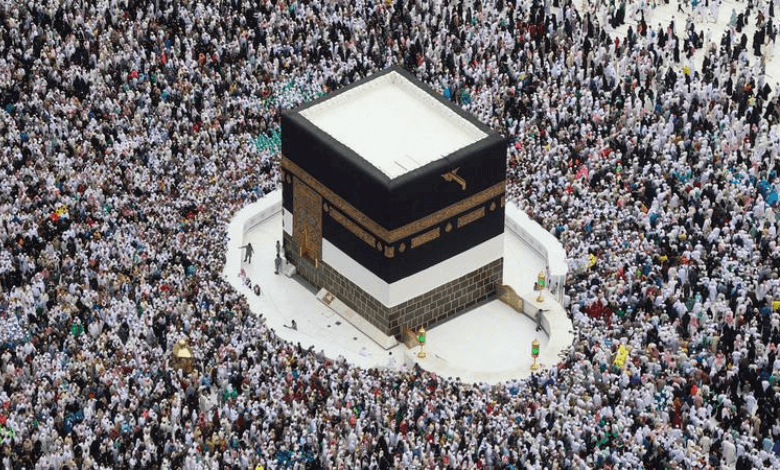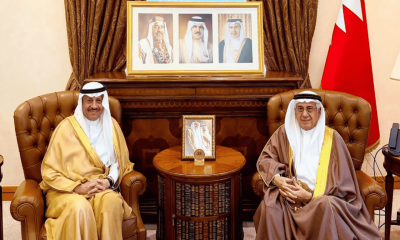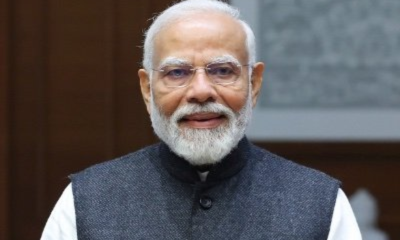Saudi Arabia is set to implement measures aimed at easing the arrival of Moroccan pilgrims and visitors to the Kingdom’s holy sites, according to Minister of Hajj and Umrah Tawfiq al-Rabiah. Rabiah commenced an official visit to Morocco, where he led a high-level delegation representing the government and private sector, focusing on enhancing the pilgrim experience.
Streamlining Visa Issuance
During a press conference alongside Moroccan Minister of Religious Endowments and Islamic Affairs Ahmed al-Tawfiq, Rabiah disclosed that Saudi Arabia has extended the Umrah season to ten months annually. The Kingdom inaugurated the Saudi Visa Services Center (Tasheer) in Morocco to expedite visa issuance within 24 hours. Tasheer is linked to the Saudi Company for Visa and Travel Solutions (SVTS) in Rabat.
This center aims to streamline the process of obtaining entry visas to Saudi Arabia by handling applications, registering essential details, and processing applications until tickets are issued. With a capacity of 250 applicants per day, SVTS intends to open additional centers in other cities to cater to more clients.
Extended Stay for Umrah Pilgrims
Furthermore, pilgrims who secure Umrah visas will now have the freedom to reside and move between Saudi cities for up to three months, an improvement from the previous limit of thirty days. Additionally, an agreement has been reached between the Moroccan Ministry and Saudia, Saudi Arabia’s flagship carrier, to enhance air transportation for Umrah performers and visitors from Morocco to the Kingdom. This agreement aims to enhance air travel while maintaining stable prices and improving service quality for pilgrims.
Measures for Improved Pilgrim Experience
Saudia Airlines will increase its flights while upholding price stability and enhancing services through qualitative initiatives. Moreover, Rabiah revealed plans to boost the flight capacity of Saudi Arabian Airlines by 30 percent during the Umrah season. These plans aim to accommodate more visitors and pilgrims by gradually increasing the number of monthly flights to 68, reducing ticket prices by 10 percent, and raising the weight allowance for each pilgrim to 69 kilograms.
Introducing the Nusuk Platform
On Thursday, the Saudi Minister will inaugurate the Nusuk platform exhibition in Casablanca, offering pilgrims exceptional facilities. This platform allows individuals to choose accommodation and transportation services, access reliable official information, and serves as a guide to historical and Islamic sites. Rabiah’s visit to Morocco is seen as a reflection of the strong historical relations between the two countries, which continue to flourish under the leadership of both nations.
Strengthening Historical Relations
Approximately 320,000 Moroccans apply for the Hajj pilgrimage annually, but due to quota restrictions, only a limited number can be accommodated. Moroccan authorities expressed gratitude for the facilitations provided by Saudi Arabia and anticipate the positive impact of the new measures on upcoming seasons. Earlier, Rabiah met with Moroccan Foreign Minister Nasser Bourita, highlighting the established partnership and cooperation relations between the two countries. Both nations share a commitment to develop and strengthen these relations for mutual benefit. Bourita praised the close relations between Saudi Arabia and Morocco, emphasizing their shared determination to elevate these relations and increase cooperation in facilitating the Hajj and Umrah rituals for Moroccan citizens. He also commended the “Makkah Route Initiative,” which Morocco joined last year.
Saudi Arabia-Morocco, Vision 2030 Initiatives
Rabiah’s schedule includes a series of meetings with officials and relevant authorities in both countries to explore ways to streamline the arrival procedures for Moroccan pilgrims and visitors. The visit aims to introduce Morocco to the initiatives, facilitations, and new measures implemented by Saudi Arabia as part of Vision 2030, with the goal of enabling a more significant number of Muslims to access the holy cities.






















